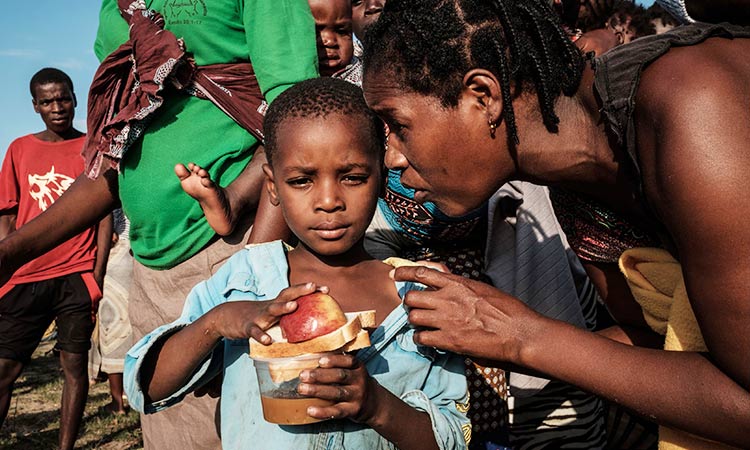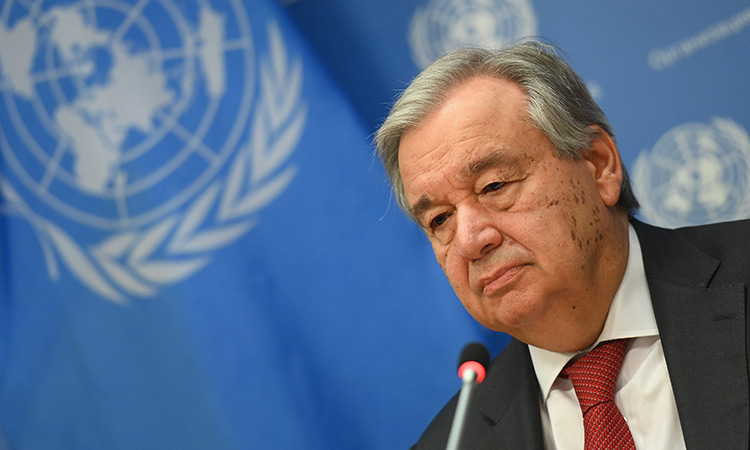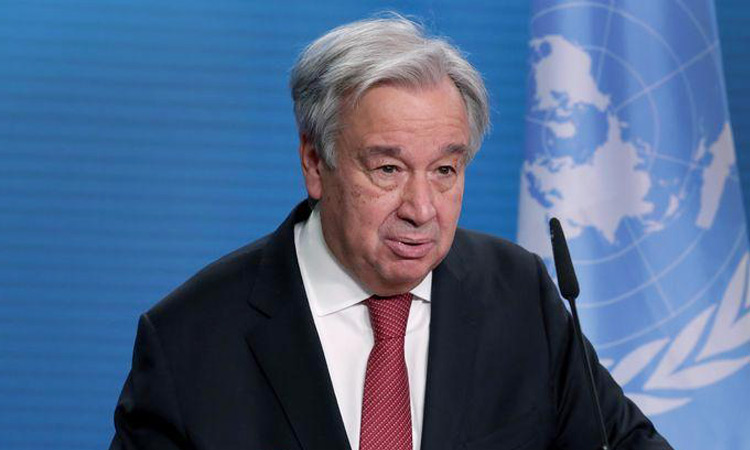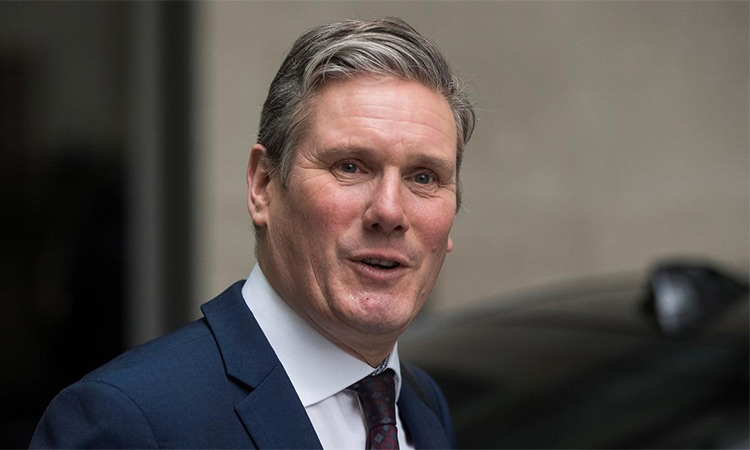All-out efforts needed to end hate speech
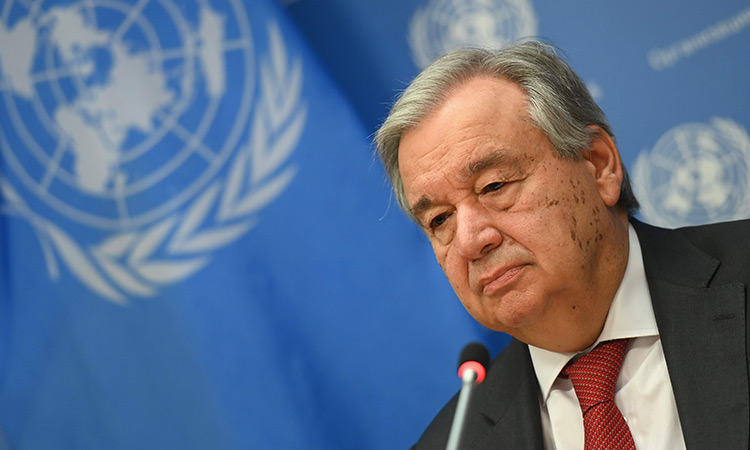
Antonio Guterres. File
The pandemic has been unleashing a tsunami of hate and xenophobia, scapegoating and scare-mongering and there is a dire need for an all-out effort to end hate speech globally.
The UN chief has even listed examples of hate speech that have surfaced during the crisis, ranging from anti-foreigner sentiment to attacks against Muslims.
Migrants and refugees also have been vilified as a source of the virus and subsequently denied access to treatment, while contemptible memes suggest that older persons are the most expendable in the pandemic.
Journalists, health professionals, aid workers, human rights defenders and others have been targeted simply for doing their jobs.
Media, especially social media, needs to remove racist, misogynist and other harmful content.
Everyone, everywhere, needs to stand up against hate, treat each other with dignity and take every opportunity to spread kindness, as Guterres points out.
His global appeal to address and counter COVID-19-related hate speech follows his April 23 message calling the coronarivus pandemic “a human crisis that is fast becoming a human rights crisis.”
Guterres said then that the pandemic has seen disproportionate effects on certain communities, the rise of hate speech, the targeting of vulnerable groups, and the risks of heavy-handed security responses undermining the health response.
In India, for example, over the past two months AFP news agency’s fact check team debunked hundreds of social media posts that falsely targeted Muslims in regard to the coronavirus pandemic.
Fake and dubious videos have proliferated showing Muslims licking fruit for sale and violating lockdown rules.
The trolls were given extra ammunition when it emerged that a group, Tabligi Jamaat, ignored coronavirus guidelines with a religious gathering in March in New Delhi.
At one point the group was linked to almost one-third of India’s coronavirus cases, with around 40,000 people linked to the event or its attendees in quarantine.
Newspapers and television channels—as well as the government—have also been accused of stirring tensions.
As the misinformation exploded, so too has real-world violence and anger against Muslims.
Around the country, Muslim truck drivers have been assaulted, and vendors pushed, shoved and threatened.
Last year, the Secretary-General launched the UN Strategy and Plan of Action on Hate Speech, which outlines commitments that include supporting countries in policy development.
Hate speech is a menace to democratic values, social stability and peace. Silence can signal indifference to bigotry and intolerance, even as a situation escalates and the vulnerable become victims.
Social media and other forms of communication are being exploited as platforms for bigotry. Public discourse is being weaponised for political gain with incendiary rhetoric that stigmatises and dehumanises minorities, migrants, refugees, women and any so-called “other”.
Tackling hate speech is also crucial to deepen progress across the United Nations agenda by helping to prevent armed conflict, atrocity crimes and terrorism, end violence against women and other serious violations of human rights, and promote peaceful, inclusive and just societies.
As UN officials point out, hate is moving into the mainstream. And with each broken norm, the pillars of our common humanity are weakened.
Every individual should realise that there’s no place for hatred in any sane society.
